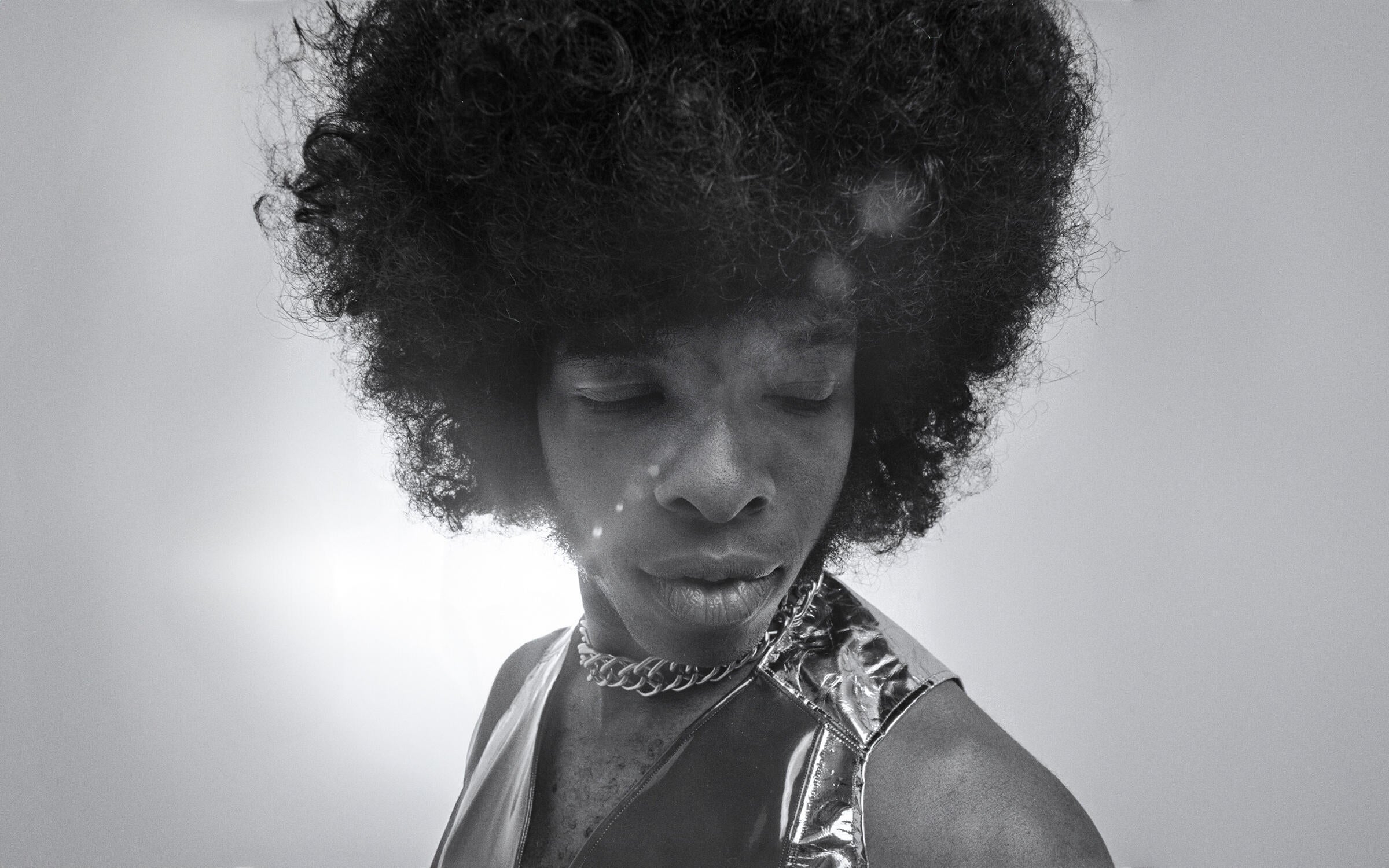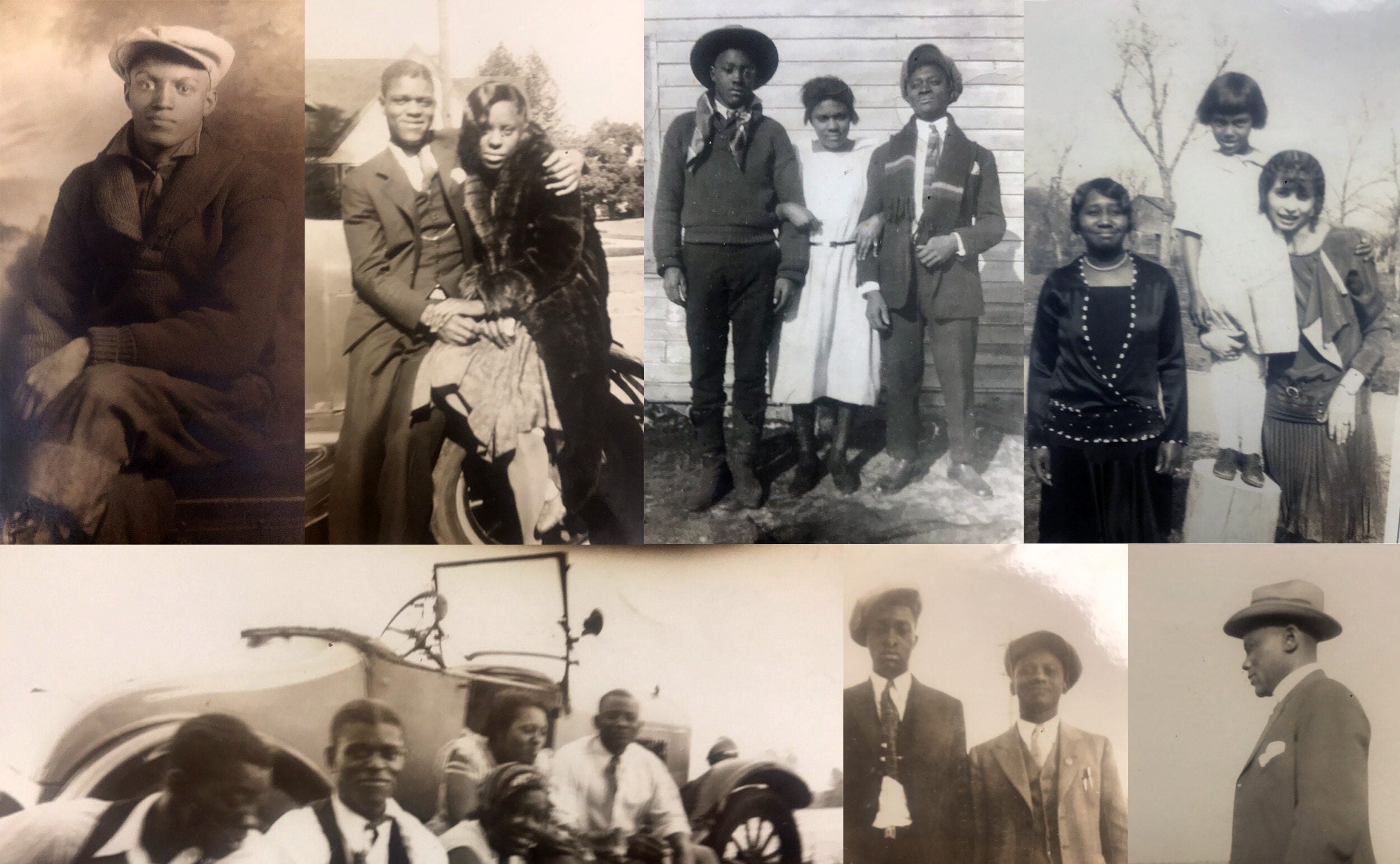In the summer of 1703, an 18-year-old organist began his duties at the New Church in Arnstadt. His contract included an excellent salary, and things might have gone very well if church officials had stuck to the contract. But they added one more duty, and the result was a confrontation that could have been fatal.
The organist was a temperamental genius named Johann Sebastian Bach. In addition to all of his other responsibilities, he was expected to train a small group of pupils from the Latin school. The pupils were such hard cases that the City Council called their behavior “scandalous.” Because he was younger than most of them, Bach had a hard time maintianing discipline. For two years, the short-tempered teacher and the unruly class clashed.
One of the more unruly musicians was a bassoonist named Geyersbach. He was three years older than Bach and made a point of being offensive. One dark night he confronted Bach on the street and began hitting him with a stick and calling him a “dirty dog.” Bach was not altogether blameless. He had poked fun of Geyersbach and called him a “nanny goat bassoonist.” Not one to take a beating lightly, Bach drew his sword and the fight was on. Dodging the stick, Bach made several thrusts that pierced Geyersbach’s jacket before passers-by rushed in to prevent bloodshed.
Stay informed on the latest news
Sign up for WPR’s email newsletter.
Church officials urged Bach to work with the choir despite the “imperfect conditions.” But after the street fight, Bach became so disgusted with the offending group of students that he eventually managed to get out of teaching them.
Bach’s conflicts weren’t over though. Soon he would be at odds with the congregation, and the conflict would bring two great changes in his life. To be continued…
Wisconsin Public Radio, © Copyright 2025, Board of Regents of the University of Wisconsin System and Wisconsin Educational Communications Board.







